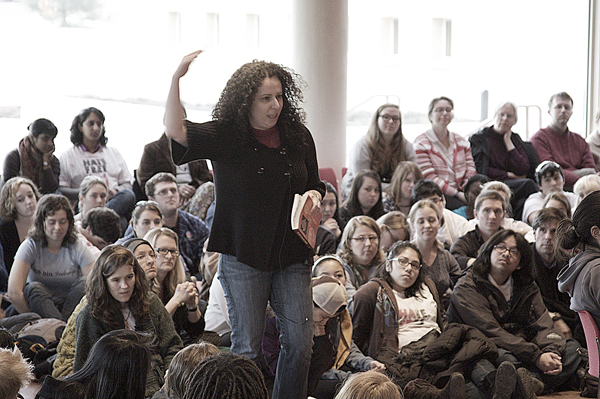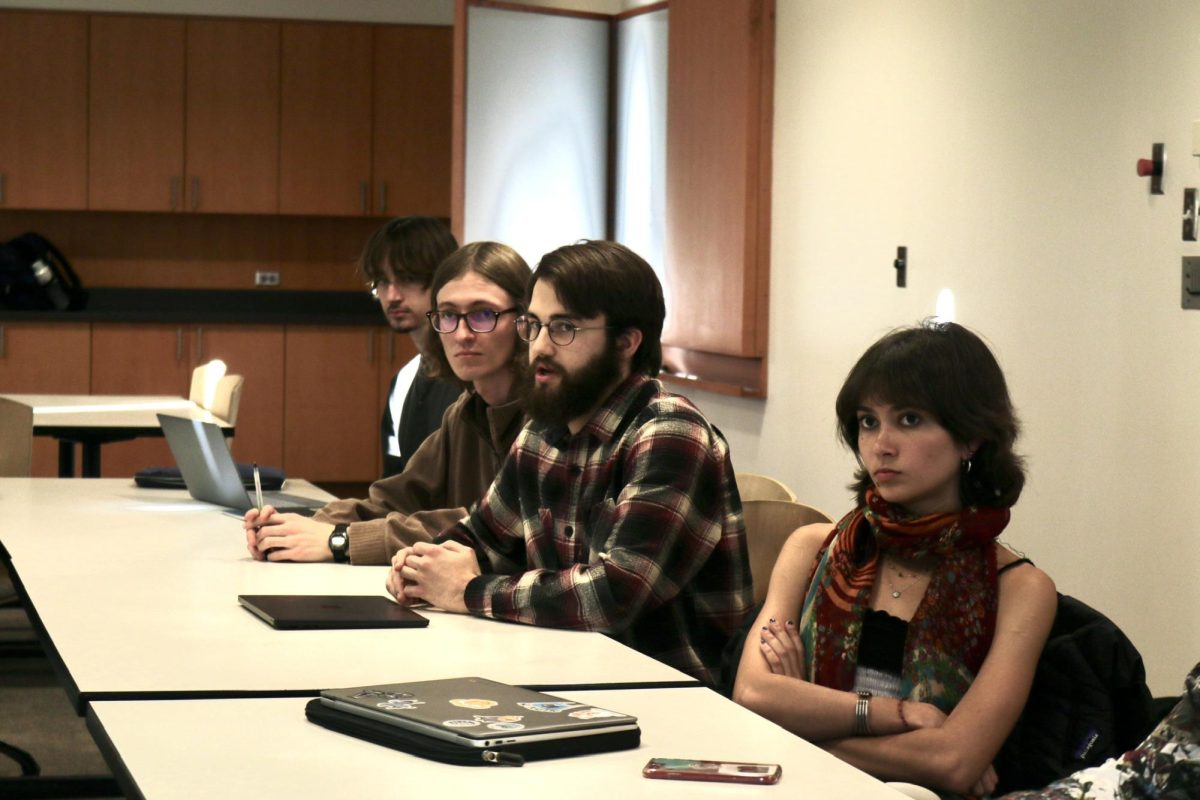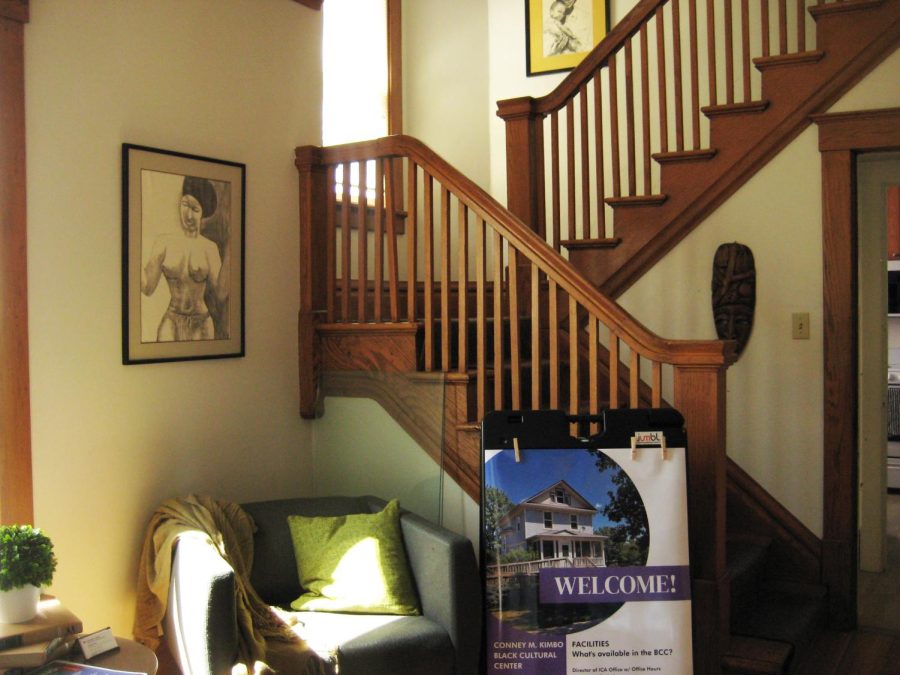For some, the response to the bias-motivated vandalism of Graciela Guzman’s ’11 campaign posters (see p. 1, March 5, 2010 S&B) began and ended with the opening of the all-campus e-mail notifying students, faculty and staff of the incident. For many more, the effects of the incident continue today.

At an all-campus forum spearheaded by Posse, Student Organization for Latino/as (SOL), AJust and other groups—at least 300 students, faculty, staff and community members spent over two hours conversing about issues of race and identity in regards to academic and social aspects Grinnell’s campus. The title of the forum was taken from Posse’s choice for this year’s January retreat in Des Moines—namely, “Do We Still Need To Talk About Race?”
Despite the talk’s formal and academic introduction to the term “wetback,” the student perspectives as Latinos at Grinnell created a frank tone or as Guzman said, “real.”
“I think it worked out great to also show campus that there have been a lot of conversations that have gone out that have also been lucrative and great that have come from a academic place,” Guzman said. “But there’s another approach to this that can be more real sometimes. When you’re talking about all issues of isms—racism, classism—sometimes you do need to start in a real place to contextualize it for people.”
Elena Bernal, Vice President for Diversity and Achievement, collaborated with SOL as well several individuals within the Posse community, to create the forum in which members of the Grinnell community to talk about the incident and its implications for student life.
“We needed to have some basis in order to communicate with everybody. And also because the community wants to come together in times of strife. This is about the best part of Grinnellians coming together,” Bernal said. “We need to have a creative space for that because otherwise folks are all out there reacting and not having any ability to commune with each other at a time when you just being in a safe space is important.”
The forum used a conversation technique known as Fishbowl, in which a small group holds a discussion, facing one another in a circle, in the middle of the larger audience. The fishbowl was divided up into three different segments speaking about how their identity effects their daily lives at Grinnell—a Latino, white and faculty and staff spoke one at a time.
“I heard fishbowl style mentioned and I had no idea what it was, though it sounded kind of weird,” said Ashur Bratt ’12, who spoke during a fishbowl conversation. “It provides this comfortable space…It creates this comfortable style, but knowing the greater space was a safe space it was a great way to help people say what they actually think.”
The conversation that sprung out of the emotive style of discussion helped. Some students come to a new level of understanding through the stories and experiences shared by other students.
Bratt publicly discussed feeling like he had been “punched in the chest” after hearing one student’s experience during fishbowl conversation, and felt as if he gained perspective how identity factors into daily life.
“To hear other people, whatever the content, to have people be willing to share things that are that near and dear to their heart, that sacred, is what truly made it a safe space…” Bratt said. “That people are willing to share themselves with you, so why not share yourself with them? And when you share yourself with someone else, and you’re honest, that’s when you feel the best. I felt the weight lifted off my shoulders, because these things occurred to me that hadn’t occurred to me.”
Open microphone time followed the fishbowl, where members of the audience had access to speak their mind, whether in direct response to certain shared stories or with general thoughts. Afterwards, students, faculty and staff mingled outside of JRC 101, and tried to move the conversation to those who were not at the forum.
“If this campus really stands to do any sort of formative big change in how campus looks at anything, and all of that needs to happen, that can start from here,” Guzman said, noting that the collaborative effort of the forum
As a result of the College’s developing hate crime policy, an all-campus e-mail was sent out two weeks ago, after Guzman’s poster was reported as vandalized. Some may have stopped thinking about the incident soon after, but the energy that flowed from JRC 101’s doors and into residence halls, the Dining Hall and town will do anything but let the power of race and identity stop there.
Editor’s Note: Due to the sensitive topic of the forum and the recognition of a safe space, this article did not use information discussed within the forum except for when offered by individuals themselves in private interviews. Additionally, Jumi Bello was the original author of the article and passed on control to J. Francis Buse after deciding to help moderate the fishbowl discussion Thursday afternoon.




















































